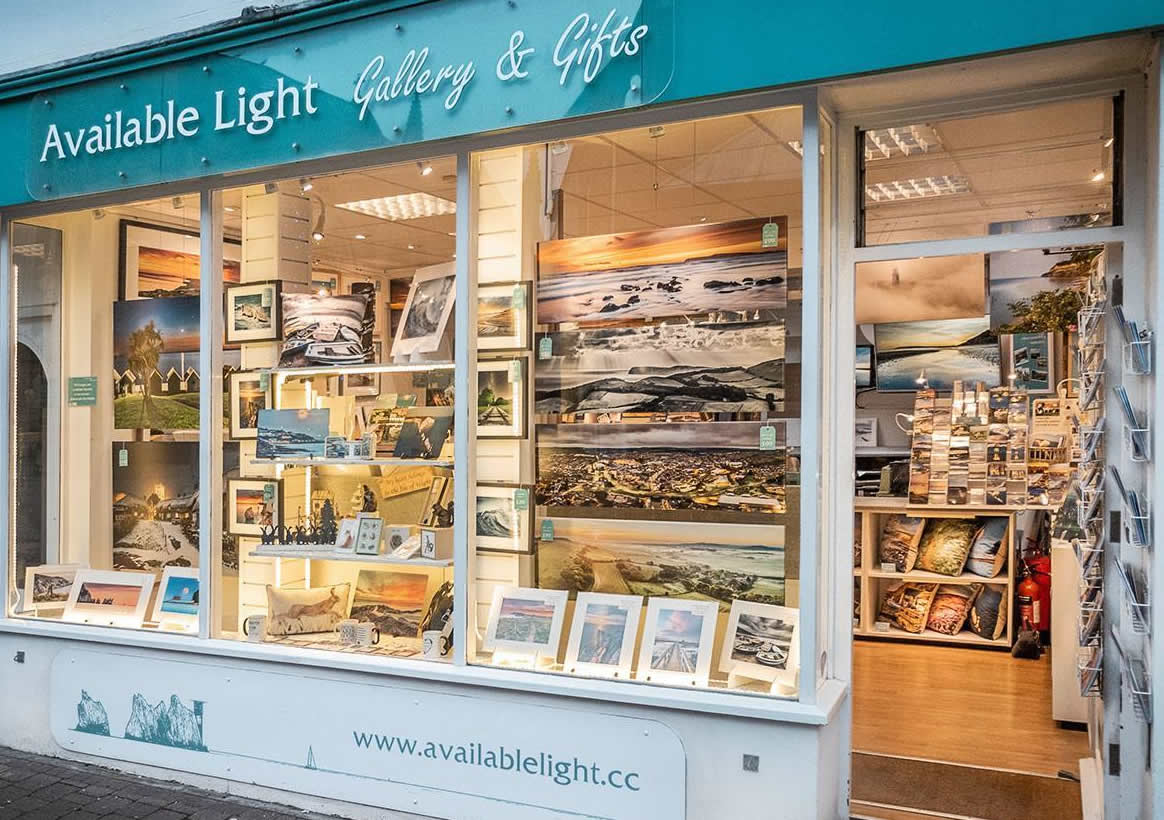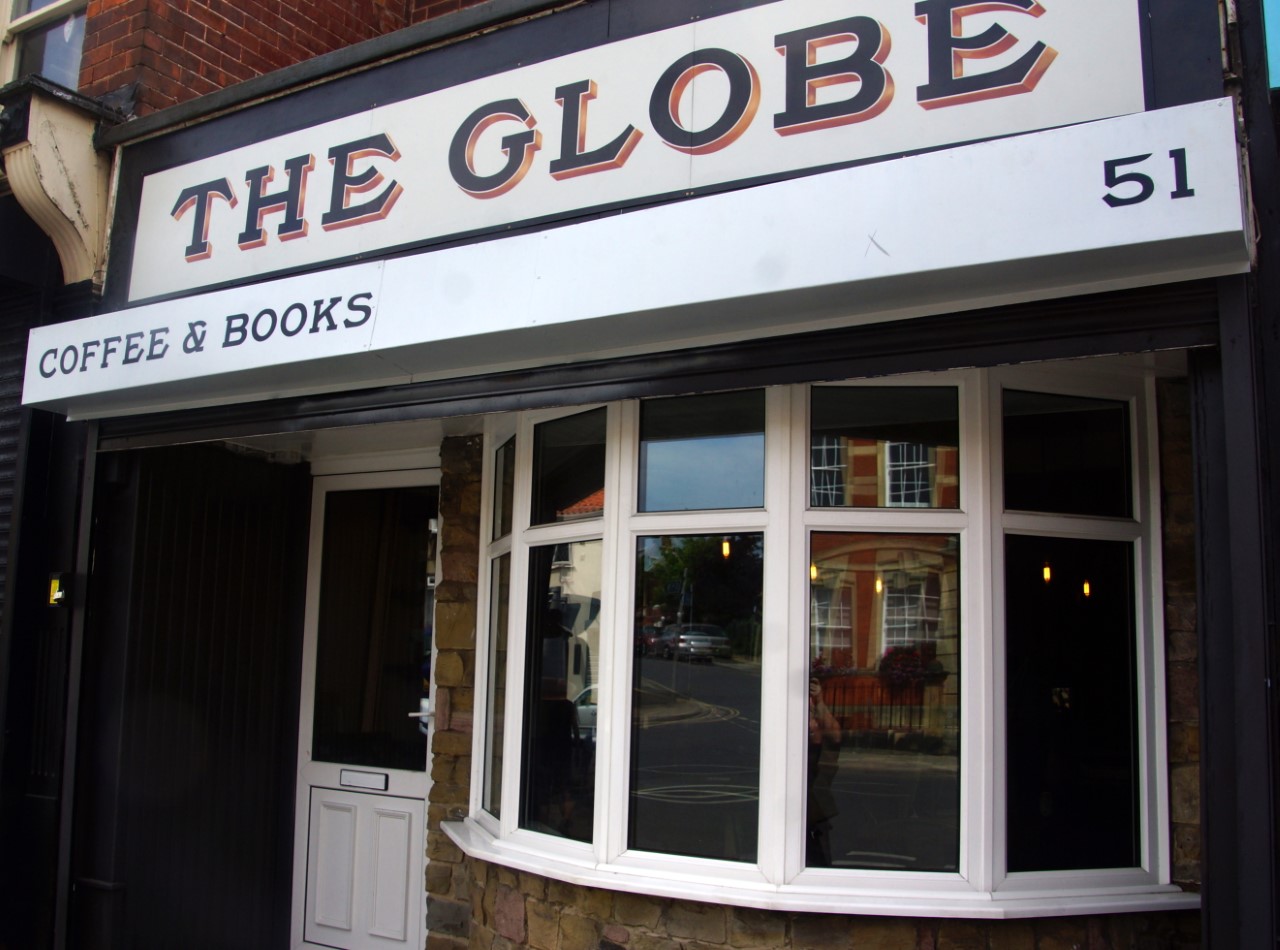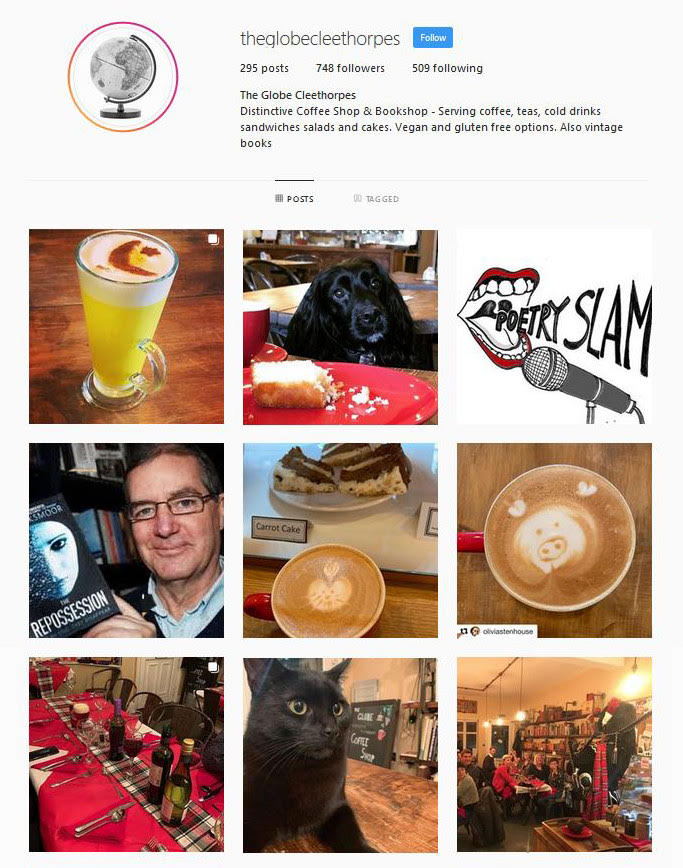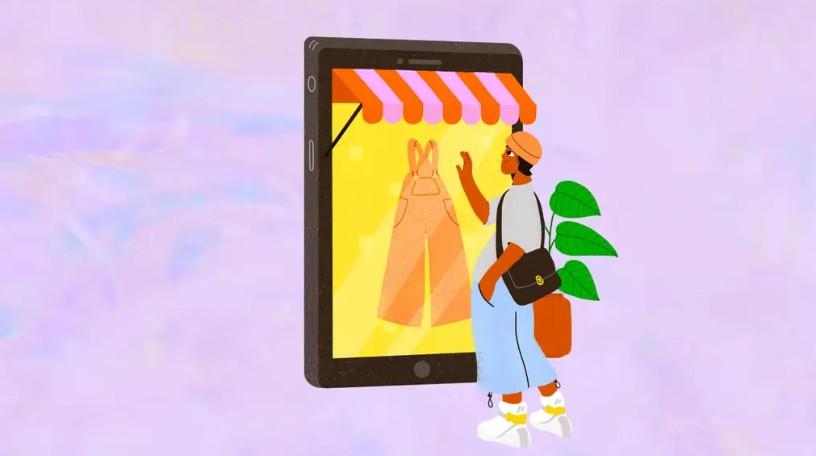As the clocks go forward, to welcome a new spring, it’s time to think about time - and how you manage it in your small business.
Whether it's your side hustle or your full-on full-time gig - and whether you're a solopreneur or leading a small team - the daily challenges that face your business will be similar: do the work, get new customers, keep them happy.
And it all takes time.
Time management is a constant challenge, both in running your business and in promoting it. There are, certainly, lots of wrong ways to manage time - but no single right way.
‘Timeboxing’, for example, is a sensible way of setting yourself mini-objectives, and slicing your time into achievable units. There are various apps and gadgets available to help you with this.
One fun, low-tech form of Timeboxing is the Pomodoro Technique, which was developed by a student, using a kitchen timer.
But, however you keep your discipline and laser focus, there are still only the same number of hours in your day as everyone else’s.
So, how do real, live businesses find time to market themselves online?
Case Study 1: Available Light Photography
Available Light Photography is the business of Steve Gascoigne, a photographer working in The Isle of Wight, who specialises in landscape photographs of - you'll never guess - The Isle of Wight.

Established for eighteen years, Steve spends his days standing in fields gazing into the blue, waiting for just the right cloud to pass. Or, maybe, he's flying his drone over The Needles for another breathtaking aerial shot. Then, when he's indoors, he's editing those photos and uploading them to his website. After that, he's into his studio, where he prints and frames his pictures himself.
Originally, he did this at home, which was convenient for childcare - before his son started school - but meant that he couldn’t get much of the actual work done until late-on, which led to some very, very late nights!
On being phygital
The business shifted from being entirely online to being 'phygital' (physical and digital) in 2013, when Steve opened his Gallery and Gifts shop (with his studio and workshop in the back).
That was when Steve's wife, Sharon, gave up her day job and stepped in; her mission: to manage the new shop, take control of the publicity and help build the business. "The website is vital to our business," she explains, "as it's basically our online portfolio. People still ask us if we have a catalogue that they can take away with them - so we give them a leaflet with our web details on."
Driving customers to the door of their gallery and their online shop - is the business of social media - with which Sharon has developed considerable mastery.
"We use Social Media," she explains, "because it's easily accessible, free and far reaching. It is also image-focused and, as our business is all about producing pleasing pictures to hang on the wall, it's the perfect medium for us. It lets us speak directly to our customers - around 40% of whom are not on the Island."
Sharon admits that it's just as important for her and Steve to know what their customers are saying: "It's very much about nurturing your clients, understanding what they like and above all else valuing them."

Facebook first
In Sharon's experience, customers often look up their business on social media platforms, such as Facebook: "Facebook tends to be more up to date. Also it gives potential customers an insight into what other customers are saying about us."
So, for Available Light, Facebook offers market research, direct communication between themselves and their customers, and it's easy to keep it fresh. For these reasons, it’s worth the precious time Sharon spends on it.
She has also developed a brilliant tactic for driving sales: "Every day, we post our ‘Pic of the Day’. The response is often like a hurricane of comments and messages asking about the price and the size. I reply with a link to the image on the web."
She concludes: "Social Media would be largely pointless for us without a website or a shop to point people to."
The age-old problem (which Steve used to experience) - of trying to fit all the business-related work around having a family - is something Sharon has successfully worked into her daily routine. "Ironically, our social media content is as good as it is, because I have to pick our son up from school. I can work easily online when I'm at home, whereas it's more difficult when I'm physically in the shop. I rarely post any content whilst I'm there."
Sharon has become a tower of strength for the business, taking charge of everything that doesn't involve looking through a camera lens: "It's definitely two separate roles for Steve and I. Obviously he has to generate the product and then actually make it - I have to make sure that people see it and hopefully want it in their lives!"
Case Study 2: The Globe Coffee Shop, Cleethorpes
The Globe is a coffee shop, vintage book shop and communal gathering place, based in the seaside resort of Cleethorpes, owned and operated by father and son combo, Matthew and Jago Head. The cafe is, inevitably, only a short walk from several other household name coffee houses, so carving-out a niche requires them to be distinctly independent.

Matthew and son have a very strong ethos of doing things themselves (they even renovated their premises themselves) and that, inevitably, includes their marketing.
Representing authenticity and sincerity
"We have a very strong brand personality," Matthew explains. "We try to represent an authenticity and sincerity and, if we were paying someone else to generate that content, it wouldn't be credible. We're a family business, father and son, and we're 100% committed to this business. Communicating that through a third party would, I think, be really difficult."
Of course, the great thing about social media, is that you can take control of it yourself and employ it in different ways.
"Twitter,” says Matthew, “is more aimed at business customers, so we tailor the messages there to stress that this is a meeting space, we have wifi, we share stories about the work we've done with other companies, things like that. Instagram and Facebook, we don't really differentiate; I post the day-to-day stuff on Instagram, and that is shared automatically to Facebook."
Be wary of social media
Other local business people were happy to offer advice, which Matthew found useful: "The most valuable thing I was told, was to be wary of social media; because getting three hundred likes is great, but if they're from Alberta and Venezuela, that's not going to turn into people walking through the door and buying coffee. Social Media, for a business, is not an end to itself, it's not about getting lots of likes and followers. That implies a certain credibility, but it doesn't necessarily drive sales."
Even though they only opened their doors for the first time in June 2018, The Globe has been growing and evolving - longer opening hours - Sunday opening - evening events - all of which have gobbled-up what spare time Matthew imagined he might have.

"You get told not to respond to messages at eleven o'clock at night, because you'll create an expectation, but eleven o'clock at night is the only time I have chance to sit down and do it."
Matthew also uses some, for want of a more accurate term, 'spare' time when morning has broken: "I also have a coffee first thing, before we open up and, while I drink that, I will put out an inspiring quote, a thought for the day, that sort of thing. I try to maintain a ratio of roughly one third "Buy our coffee" type posts and two-thirds 'emotional content', which is aligned with what we do, but not a selling message. Photos of Victoria (the Globe cat) go down incredibly well!"
What screams the loudest
So, how does he prioritise what little time he has for managing his online brand?
"It's about what screams the loudest. I prioritise social media because that's where our brand is. Responding to comments and building a relationship with customers, that's a huge part of who we say we are. We have to deliver on that promise!"
Creating a website hasn't screamed particularly loudly, because it's still an area Matthew needs to develop.
"I do want a website, because we can put on it information about private hire for parties, accessibility, allergies, things like that. So, I see a role for a website for us but, even though it would probably only need half a day to set it up, I haven't found that half a day. I spent five months being convinced we'd be really quiet in January, and I'd have time for matters like that, but it didn't happen. It was our busiest month yet."
Teachable moments
So, two very different businesses, with two different strategies for employing online marketing, which have come about through experience and evolution.
To paraphrase Helmut von Moltke - "no plan survives first contact with the enemy". Applying that principle - both Available Light and The Globe have adapted their marketing strategies, and continue so to do, because one solution does not fit all, nor will the solution that bore dividends last year, necessarily work this year.
The key, for any business - whether you're a start-up or well-established - is to constantly listen to your customers, and be looking for new ways to attract new customers.
- Decide what you want from your social media.
- Learn from others about the best way to achieve this.
- Budget what time you have to pursue this as economically as possible.
- Mistakes are teachable moments - so don’t consider them wasted time. Just don’t repeat them.
- When your business changes, your strategy needs to change.
Used well, social media makes it as easy as possible for customers to find you and to interact with you. It can work well with your online platform, or as a standalone. It isn't enough to have a responsive website - you need to have a responsive business strategy as well.






